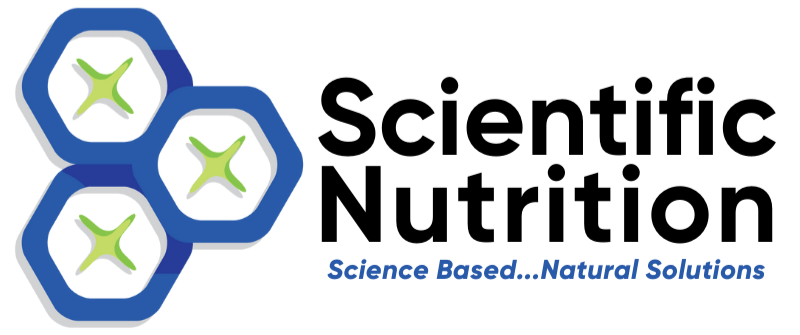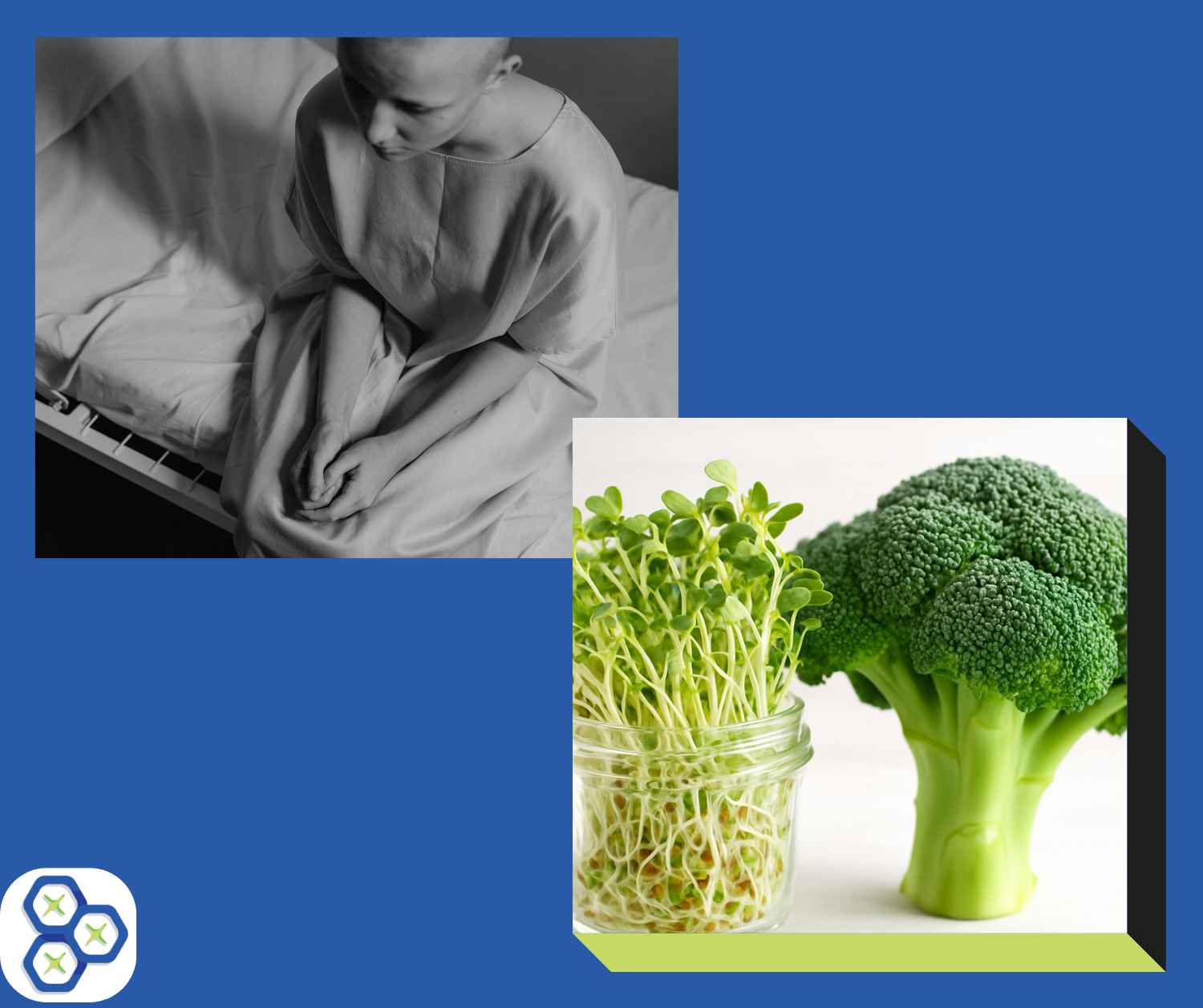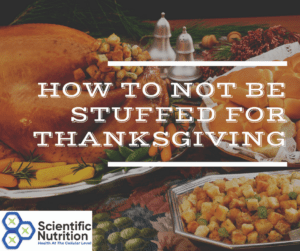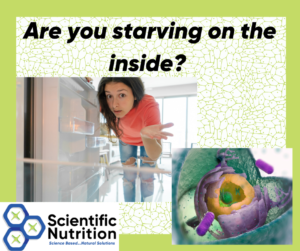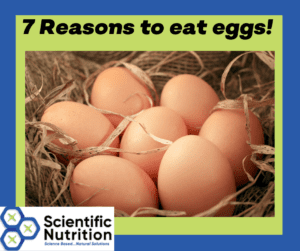Sulforaphane Health Benefits: Cancer Prevention and Detox Support
Sulforaphane benefits include powerful cancer-fighting properties, autism support, and detoxification enhancement, making this broccoli compound one of nature’s most therapeutic substances.
In the quest for natural health solutions, few compounds show as much promise as sulforaphane. This powerful phytochemical, found primarily in cruciferous vegetables, has captured the attention of researchers worldwide for its remarkable ability to activate our body’s natural defense systems.
From supporting children with autism to protecting against cancer and inflammatory diseases, sulforaphane represents one of nature’s most potent medicinal compounds, yet most people have never heard of it.
What is Sulforaphane: Broccoli’s Anti-Cancer Compound Explained
Sulforaphane is a natural plant compound belonging to the isothiocyanate family. It isn’t directly present in vegetables but forms when glucoraphanin (a glucosinolate) comes into contact with myrosinase, an enzyme that’s activated when plant cells are damaged through cutting, chewing, or other forms of processing. This chemical reaction creates sulforaphane, a sulfur-rich compound with extraordinary biological activity.
According to research from Johns Hopkins University School of Medicine, sulforaphane works primarily by activating the Nrf2 pathway, often called the “master regulator” of the body’s antioxidant response. This cellular signaling pathway triggers the production of powerful antioxidant enzymes that protect against oxidative stress and inflammation, two major contributors to chronic disease.
Sulforaphane Foods: Best Sources for Cancer Prevention
While several cruciferous vegetables contain glucoraphanin (sulforaphane’s precursor), certain foods stand out for their exceptional concentration:
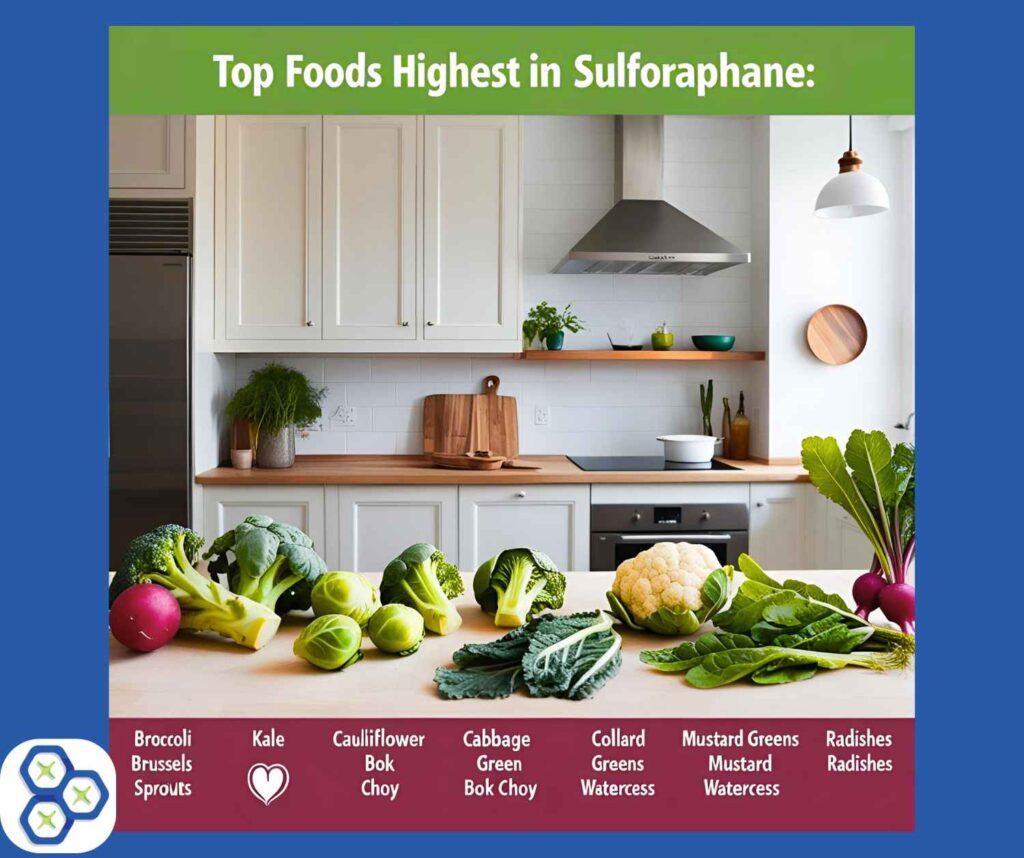
- Broccoli Sprouts – The undisputed champion, containing 10-100 times more glucoraphanin than mature broccoli. Just 1 ounce provides a therapeutic dose.
- Mature Broccoli – Particularly the florets, which contain higher concentrations than the stems.
- Brussels Sprouts – These small cabbage-like vegetables offer significant amounts, especially when lightly cooked.
- Cabbage – All varieties contain sulforaphane precursors, with red cabbage typically offering higher concentrations.
- Kale – This nutrient-dense leafy green provides modest amounts of sulforaphane precursors.
- Cauliflower – Contains glucoraphanin throughout, but in lower concentrations than broccoli.
- Bok Choy – This Asian cabbage variety offers a good source of sulforaphane precursors.
- Watercress – This peppery cruciferous green packs a significant sulforaphane punch.
- Radishes – Both the root and leaves contain sulforaphane-producing compounds.
- Arugula – This zesty salad green contains modest amounts of sulforaphane precursors.
To maximize sulforaphane formation, these vegetables should be eaten raw or steamed so as not to inhibit your thyroid function to preserve the myrosinase enzyme (more on this later).
Sulforaphane Cancer Prevention: Science-Backed Health Benefits
Food as your medicine…
Autism Support
Perhaps one of the most groundbreaking discoveries comes from research published in the Proceedings of the National Academy of Sciences, where researchers at Johns Hopkins University found remarkable improvements in autism symptoms following sulforaphane supplementation.
In this study, 40 males with autism spectrum disorder aged 13-27 received either sulforaphane or a placebo for 18 weeks. The results were striking:
- 46% showed improved social interaction
- 42% demonstrated better verbal communication
- 54% exhibited decreased abnormal behaviors
These improvements began appearing within just four weeks of treatment but diminished after supplementation stopped. Researchers believe sulforaphane works by triggering cellular stress response mechanisms similar to those activated during fevers, which have been observed to temporarily improve autism symptoms.
Sulforaphane Anti-Cancer Effects
According to the National Cancer Institute, sulforaphane shows significant promise in cancer prevention and potentially even treatment. Multiple mechanisms contribute to these anti-cancer effects:
- Activates detoxification enzymes that neutralize carcinogens
- Induces apoptosis (programmed cell death) in cancer cells
- Inhibits cancer cell proliferation
- Reduces inflammation that can promote cancer growth
- Exhibits anti-angiogenic effects (prevents tumors from developing blood vessels)
Studies have shown particular promise for sulforaphane in preventing and potentially treating breast, prostate, colon, and lung cancers.
Sulforaphane Cardiovascular Benefits
Cardiovascular disease remains the leading cause of death worldwide, but sulforaphane appears to offer significant protection through multiple mechanisms:
- Reduces inflammation in blood vessel walls
- Protects against oxidative damage to LDL cholesterol (a key step in atherosclerosis)
- Activates enzymes that detoxify environmental pollutants linked to heart disease
- Improves blood pressure regulation
- Enhances cellular defense against damage from high blood glucose
A 2018 study published in the Journal of the American Heart Association found that sulforaphane supplements reduced inflammation and improved arterial function in adults with cardiovascular risk factors.
Sulforaphane Autism and Brain Health Benefits
Sulforaphane shows remarkable promise for protecting the brain and potentially treating neurodegenerative conditions:
- Crosses the blood-brain barrier effectively
- Reduces brain inflammation associated with cognitive decline
- Protects neurons from oxidative stress and toxin damage
- Activates heat shock proteins that help maintain proper protein folding (disrupted in Alzheimer’s and Parkinson’s)
- It may help clear amyloid-beta plaques associated with Alzheimer’s disease
Research in animal models indicates that sulforaphane may help protect against or slow the progression of conditions like Alzheimer’s, Parkinson’s, and traumatic brain injury.
Sulforaphane Detoxification Benefits
One of sulforaphane’s most powerful abilities is enhancing the body’s natural detoxification systems:
- Activates Phase II detoxification enzymes
- Increases glutathione production (the body’s master antioxidant)
- Enhances the elimination of environmental toxins, including air pollutants, heavy metals, and pesticides
- Protects DNA from damage caused by toxin exposure
This detoxification support is particularly important given our unprecedented exposure to environmental toxins in modern life.
Sulforaphane Dosage for Cancer Prevention
While there’s no established RDA (Recommended Dietary Allowance) for sulforaphane, research suggests significant benefits at the following levels:
- For general health maintenance: 10-20 mg daily
- For therapeutic effects: 40-60 mg daily
- For specific health conditions: Up to 100 mg daily (under medical supervision)
To put this in perspective:
- 1 ounce (28g) of fresh broccoli sprouts provides approximately 73 mg of sulforaphane
- 1 cup of chopped raw broccoli provides approximately 27 mg of sulforaphane
- 1 cup of cooked broccoli (using methods that preserve myrosinase) provides about 20 mg of sulforaphane
For those unable to consume sufficient quantities through diet alone, high-quality supplements are available.
Broccoli Sprouts Sulforaphane: Maximizing Health Benefits
To get the most sulforaphane from your cruciferous vegetables, consider these evidence-based strategies:
- Eat some raw – Raw consumption preserves the myrosinase enzyme needed to convert glucoraphanin to sulforaphane. Remember, if you have a slow thyroid, you will want to steam it. Raw cruciferous vegetables will slow the metabolism by inhibiting iodine uptake to make the hormone T4.
- Chop and wait – If cooking, chop vegetables and let them sit for 40 minutes before cooking to allow sulforaphane formation.
- Steam lightly – If cooking, light steaming (3-4 minutes) preserves more sulforaphane than boiling or microwaving!
- Add mustard powder – If consuming cooked cruciferous vegetables, add a pinch of mustard powder (contains myrosinase) to enhance sulforaphane formation.
- Sprout your own – Growing broccoli sprouts at home is cost-effective and provides the richest source of sulforaphane available.
- Combine with selenium-rich foods – Selenium enhances the activity of enzymes induced by sulforaphane. Good sources include Brazil nuts, sardines, and eggs.
Sulforaphane for Autism, Cancer, and Chronic Disease
While specific “sulforaphane deficiency” isn’t a recognized clinical condition, low intake of cruciferous vegetables (and thus, low sulforaphane) is associated with increased risk of several health conditions:
- Various Cancers – Particularly colorectal, lung, prostate, and breast cancers
- Neurodegenerative Disorders – Including Alzheimer’s and Parkinson’s diseases
- Cardiovascular Disease – Including atherosclerosis and hypertension
- Inflammatory Conditions – Such as arthritis and inflammatory bowel disease
- Autism Spectrum Disorders – As demonstrated by the Johns Hopkins research
- Diabetes and Metabolic Syndrome – Including insulin resistance and fatty liver disease
- Respiratory Conditions – Including asthma and COPD
- Age-Related Macular Degeneration – A leading cause of vision loss
- Skin Disorders – Including psoriasis and sun damage
Population studies consistently show that individuals with the lowest intake of cruciferous vegetables have significantly higher risks of these conditions compared to those with the highest intake.
Sulforaphane Supplements: Professional Health Analysis
For most people, sulforaphane from food sources is extremely safe. When considering each individual’s health status with a Hair Trace Mineral Analysis (HTMA) we determine if these foods or supplementation are beneficial. A few considerations are worth noting:
- Thyroid Function: Very high intakes of cruciferous vegetables can potentially affect thyroid function in sensitive individuals by competing with iodine uptake. Hypothyroidism IS affected, so if you have it, steam them. This is rarely an issue with normal dietary consumption, but could be relevant with very high supplemental doses.
- Digestive Comfort: Some people experience gas or bloating from cruciferous vegetables. Starting with small amounts and gradually increasing can help the digestive system adapt.
- Medication Interactions: Due to its effects on certain liver enzymes, high-dose sulforaphane supplements might theoretically interact with some medications. Consult your healthcare provider if you’re taking medications and wish to use sulforaphane supplements.
- Pregnancy and Breastfeeding: Food sources are considered safe, but high-dose supplements haven’t been adequately studied during pregnancy and lactation.
Hair Analysis and Sulforaphane Benefits
The research surrounding sulforaphane represents one of the most exciting frontiers in nutritional science. This remarkable compound demonstrates how specific plant chemicals can profoundly influence our cellular health pathways. As I mentioned, it can potentially address conditions ranging from autism to cancer.
By incorporating sulforaphane-rich foods into our diets, particularly broccoli sprouts, which offer the highest concentration, we can tap into nature’s pharmacy for powerful health protection. For those seeking therapeutic effects for specific conditions, properly sourced supplements offer another avenue, as I have a particular brand I have found is above the rest.
As research continues to unfold, sulforaphane stands as a powerful reminder that some of our most potent medicines may have been hiding in plain sight all along, in the very foods our grandparents told us to eat.
Sulforaphane Supplementation: Get Started Today!
Ready to harness the healing power of sulforaphane?
Start by incorporating more cruciferous vegetables into your daily meals, with special emphasis on broccoli sprouts if possible. For those dealing with specific health conditions or seeking optimal protection, consider a professional complementary consultation with us to determine if therapeutic doses of sulforaphane might be beneficial for your unique situation.
Your cells have incredible capacity for healing and renewal when given the right tools. Sulforaphane may be one of the most powerful tools nature has provided – isn’t it time you put it to work for your health?
Contact me today to learn more about personalized nutrition strategies that incorporate sulforaphane and other evidence-based natural compounds to address your specific health concerns.
Copyright Scientific Nutrition, LLC 2025
